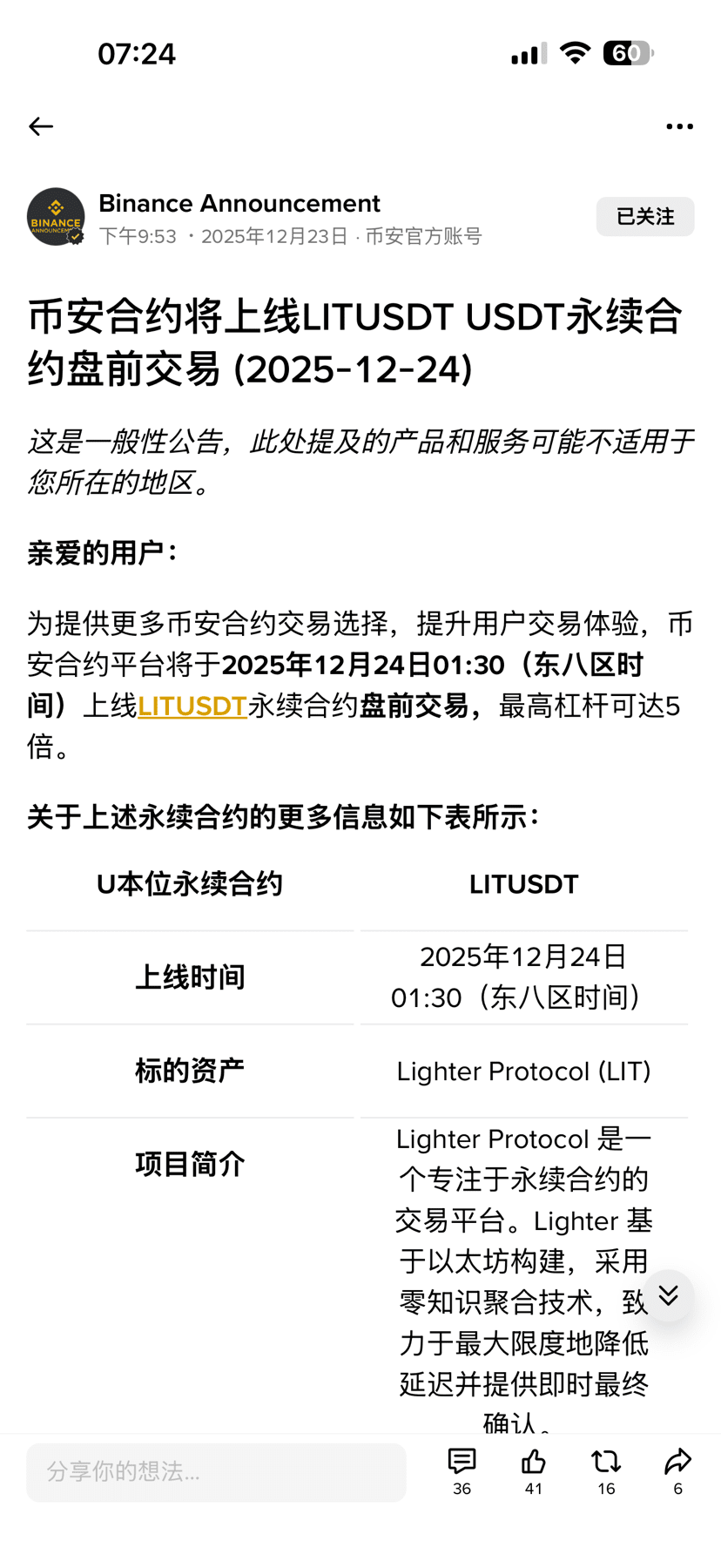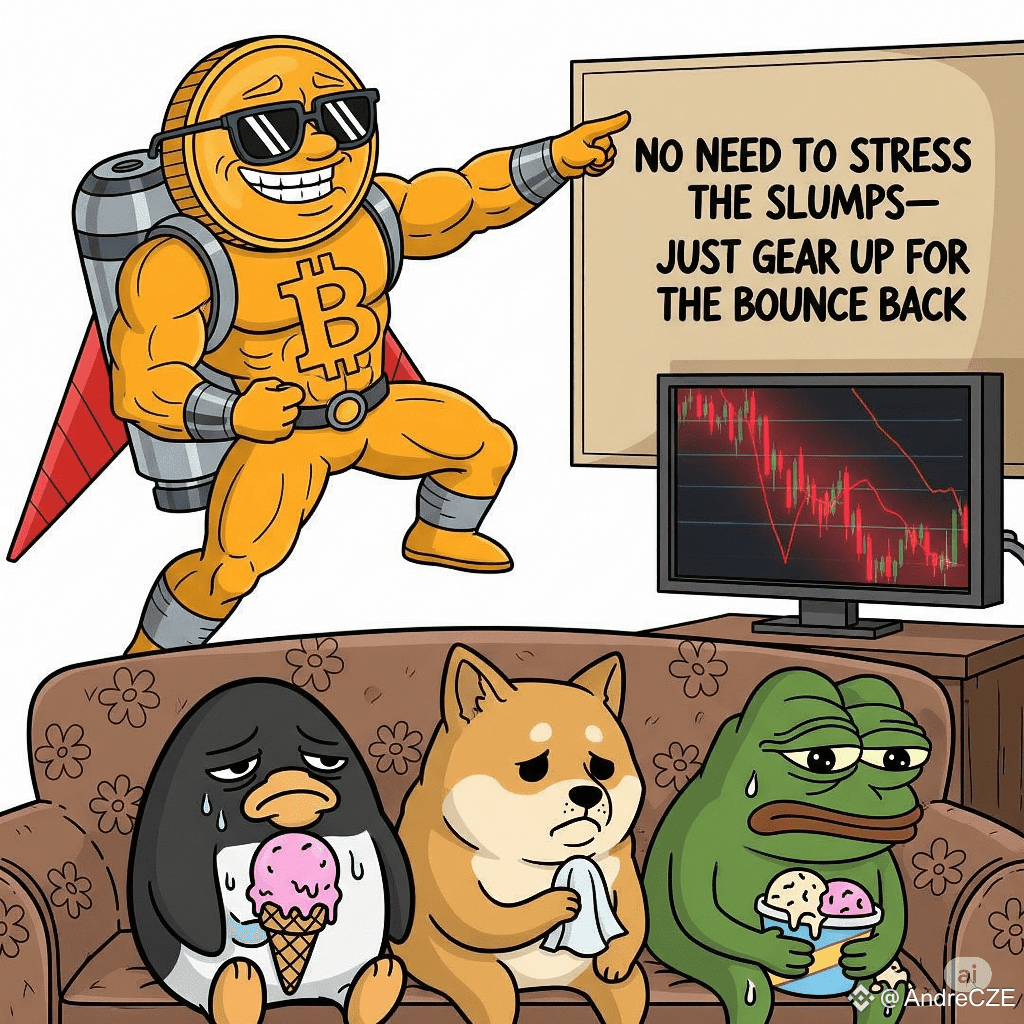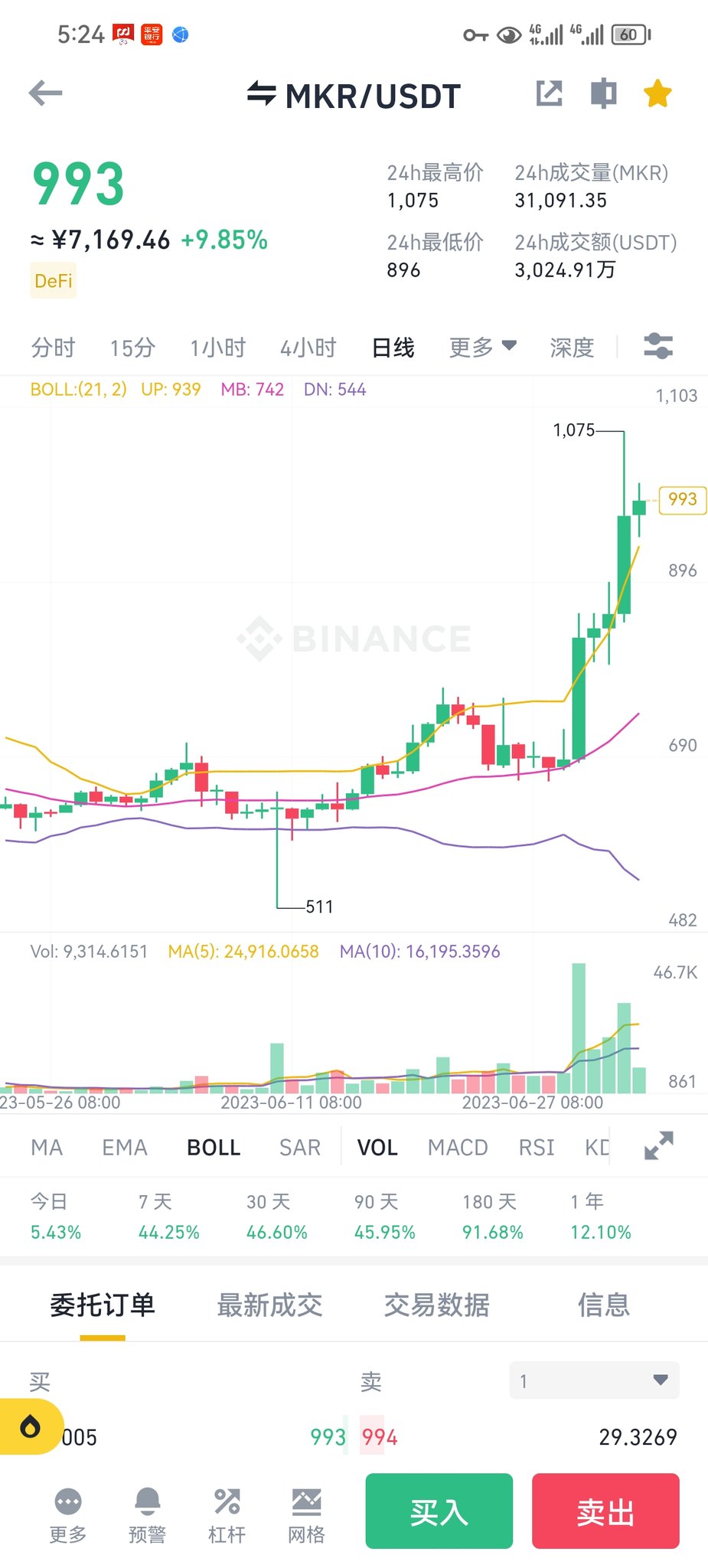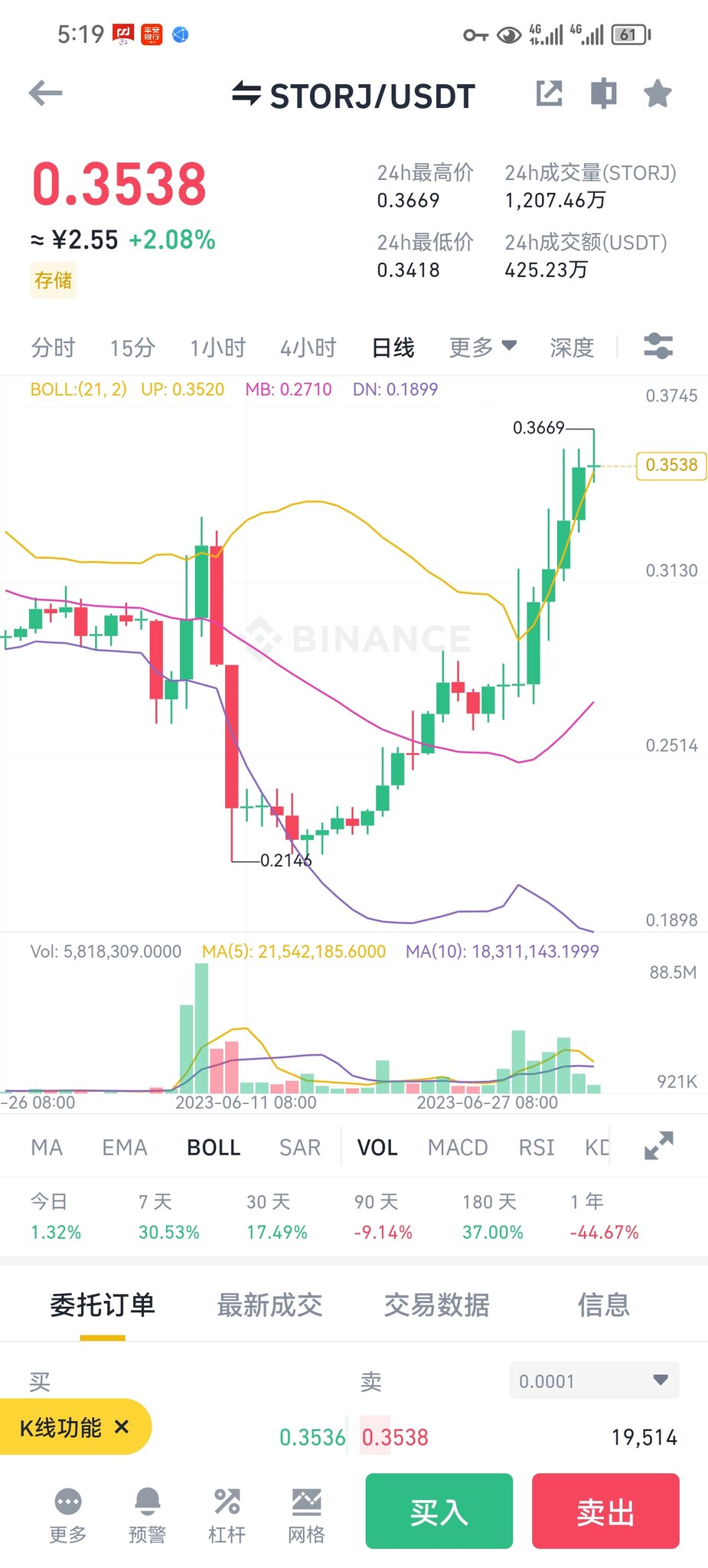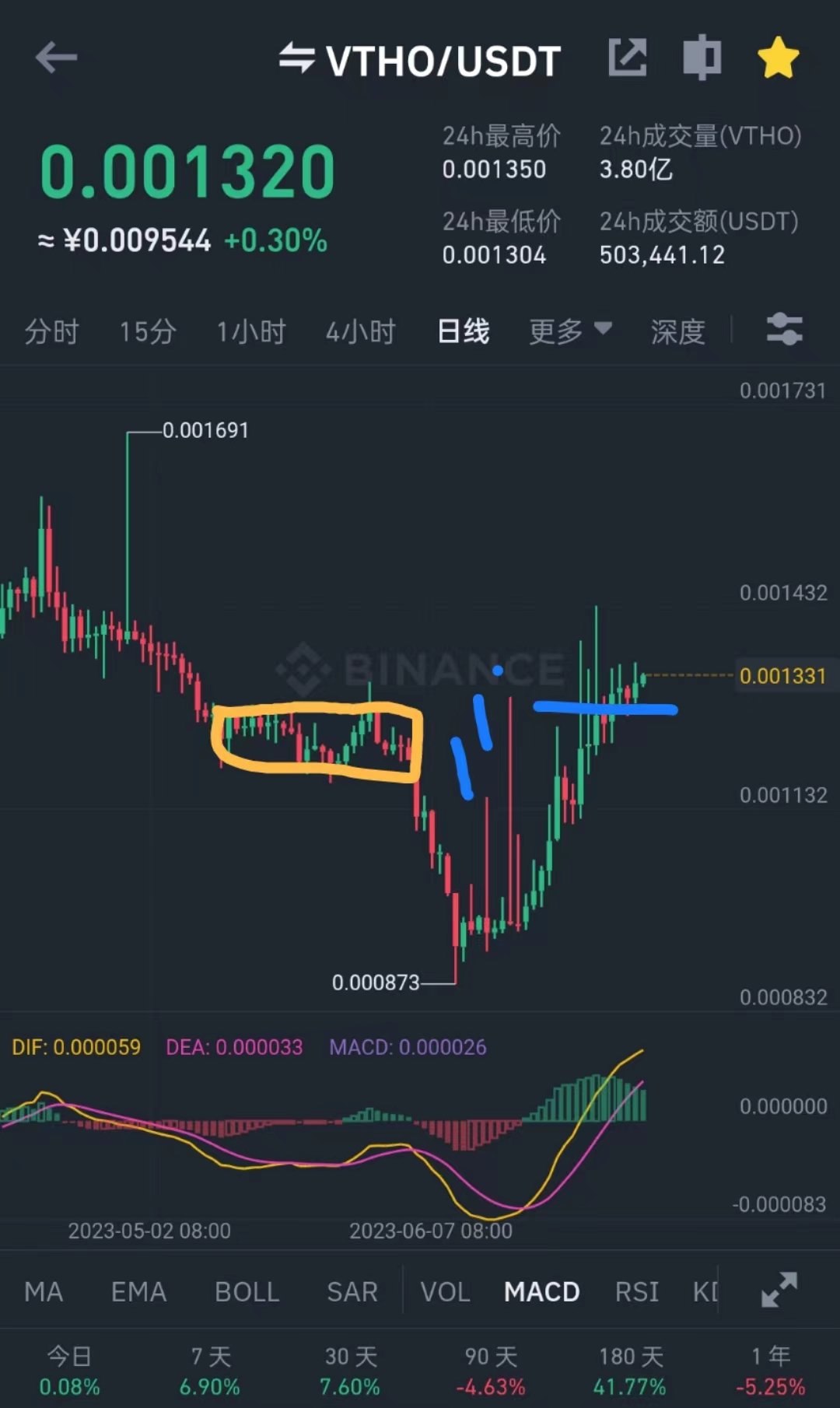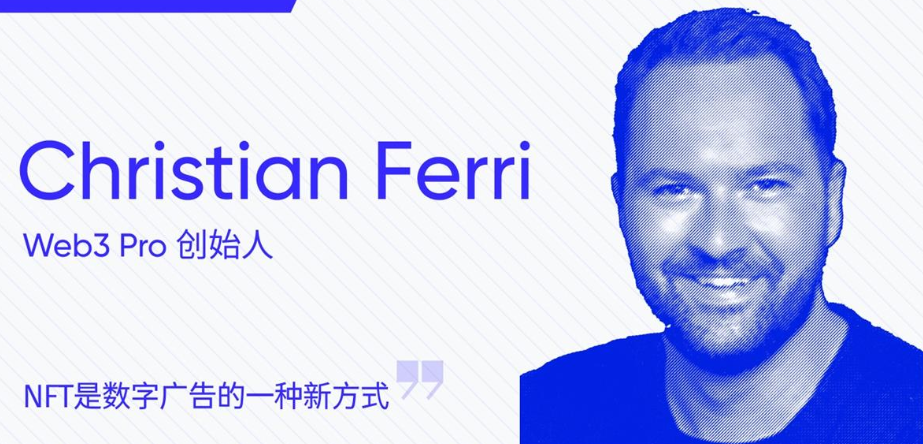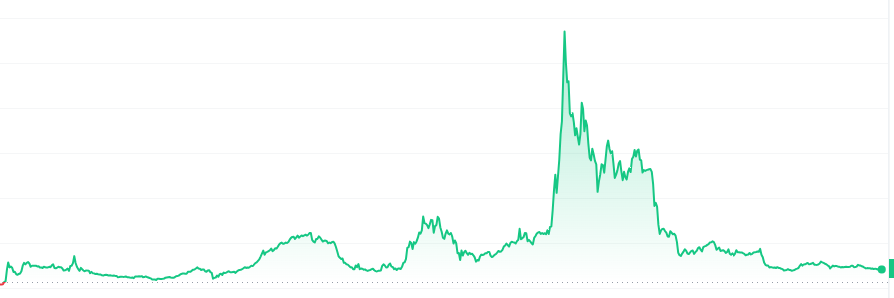Original title: Uniswap Foundation votes on a massive $165.5m USD funding.
Original author: Ignas
Original translation: Tim, PANews
The Uniswap Foundation votes to pass a huge investment plan of $165.5 million, why?
Because Uniswap v4 and Unichain have performed far from market expectations after the release.
In more than a month:
Uni v4's total lock value (TVL) is only $85 million
Unichain’s TVL is only $8.2 million
To promote growth, the Uniswap Foundation proposes to allocate $165.5 million to the following areas:
· $95.4 million for funding (developer program, core contributor, validator);
· US$25.1 million for operations (team expansion, governance tool development);
· $45 million is used for liquidity incentives.
As you can see, Uni v4 is not only a DEX, but also a liquidity platform, and Hooks is the application built on it.
Hooks should drive the ecological growth of Uni v4 and therefore need to accelerate this process through funding programs.
Detailed allocation instructions for funding budget:
The $45 million liquidity provider (LP) incentive will be used for:
· USD 24 million (subsidized for 6 months): to incentivize liquidity to move from other platforms to Uni v4;
· $21 million (3-month distribution): Drives Unichain’s total lock-in value (TVL) from the current $8.2 million to $750 million.
By contrast, Aerodrome minted approximately $40 million to $50 million worth of AERO tokens per month for liquidity providers (LP) incentives.
The proposal has passed the temperature check phase, but it still faces some criticism:
·As the industry landscape changes, Aave proposes to repurchase $1 million in AAVE tokens every week, and Maker plans to repurchase $30 million per month, but UNI holders are like "dairy cows" that are about to be squeezed out, and their token value has never been captured.
· UNI tokens have not enabled the fee sharing mechanism, and Uniswap Labs has earned $171 million through front-end fees in two years.
The key to the entire system lies in Uniswap's organizational structure design:
Uniswap Labs: Focus on protocol technology development;
Uniswap Foundation: Promote ecological growth, governance and funding programs (such as funding grants, liquidity incentives).
What a smart legal team.
Aave and Maker have a closer interest binding relationship with token holders, and I don't understand why Uniswap's front-end fees cannot be shared with UNI holders.
In short, other criticisms mainly focus on three aspects: high salaries of the core team, Gauntlet's responsibility for liquidity incentives execution, and the establishment of a new centralized DAO legal framework (DUNA).
As a representative of Uniswap’s small governance, I voted in favor of this proposal, but there are significant concerns about the future of UNI holders: incentives have failed to align with the interests of holders.
However, I am a huge fan of Uniswap and highly recognize its role in the DeFi space. The current growth trend of Uni v4 and Unichain is very bleak and they need to introduce incentives to promote development.
The next Uni DAO vote should focus on the value capture mechanism of UNI tokens.
Original link


